The Scottish leg of the Covid-19 inquiry has, like the hearings in London, become bogged down in matters such as the deletion of WhatsApp messages on ministerial phones. But, with a slightly less attention-seeking counsel for the inquiry, it also seems to be getting to some of the nuts and bolts which should have been discussed in London.
Already a subscriber? Log in
Subscribe for just $2 a week
Try a month of The Spectator Australia absolutely free and without commitment. Not only that but – if you choose to continue – you’ll pay just $2 a week for your first year.
- Unlimited access to spectator.com.au and app
- The weekly edition on the Spectator Australia app
- Spectator podcasts and newsletters
- Full access to spectator.co.uk
Or


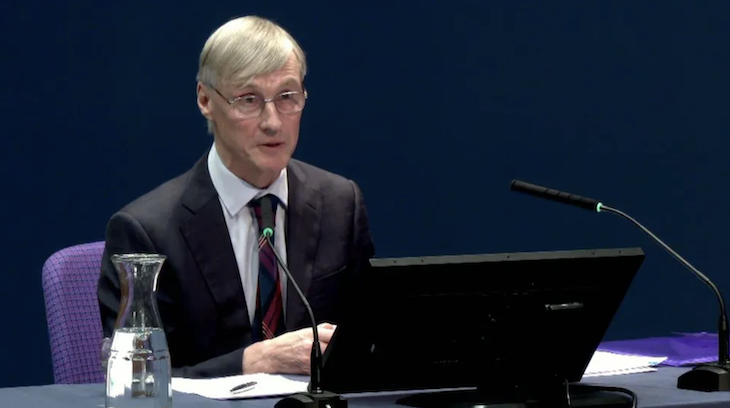
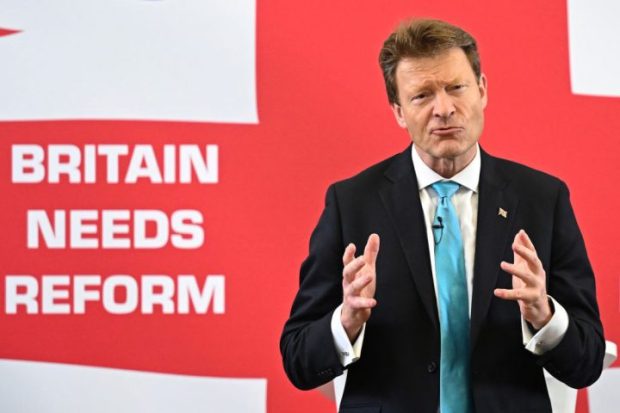
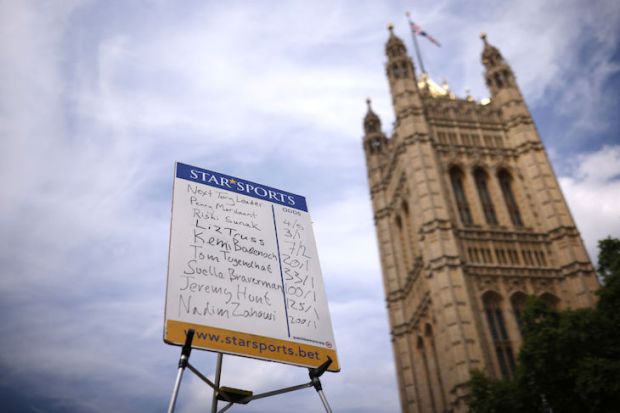
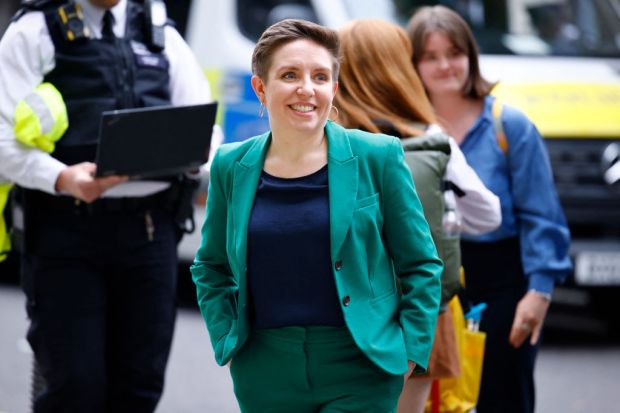

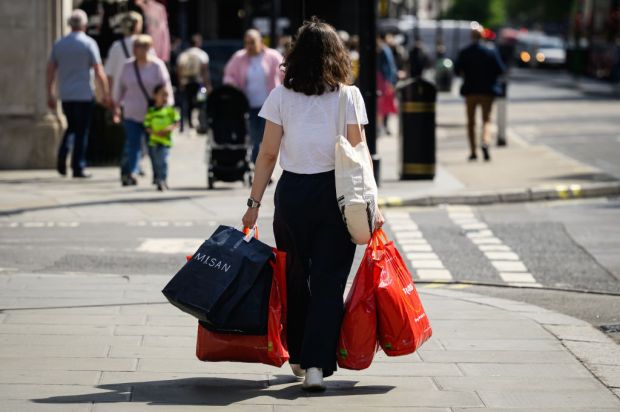













Comments
Don't miss out
Join the conversation with other Spectator Australia readers. Subscribe to leave a comment.
SUBSCRIBEAlready a subscriber? Log in